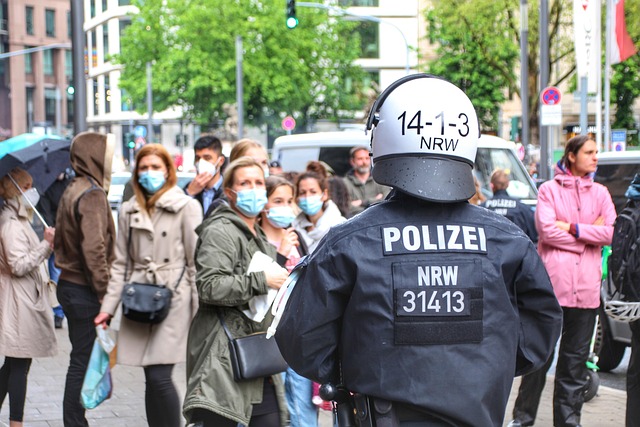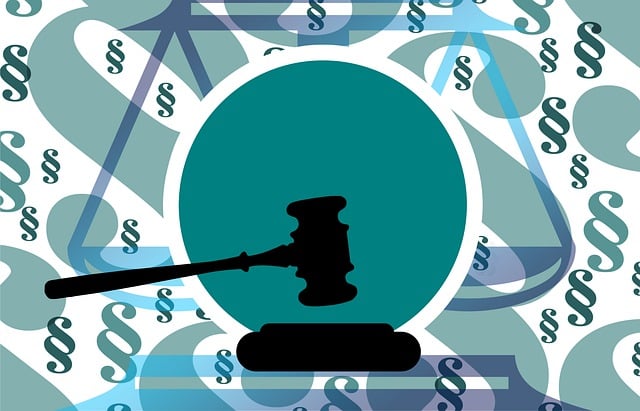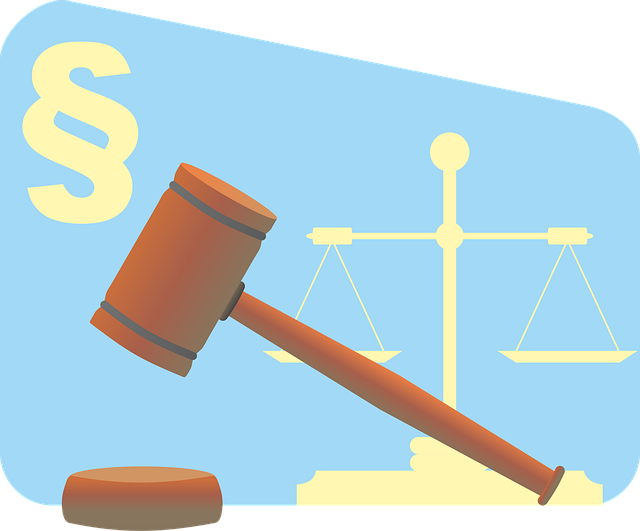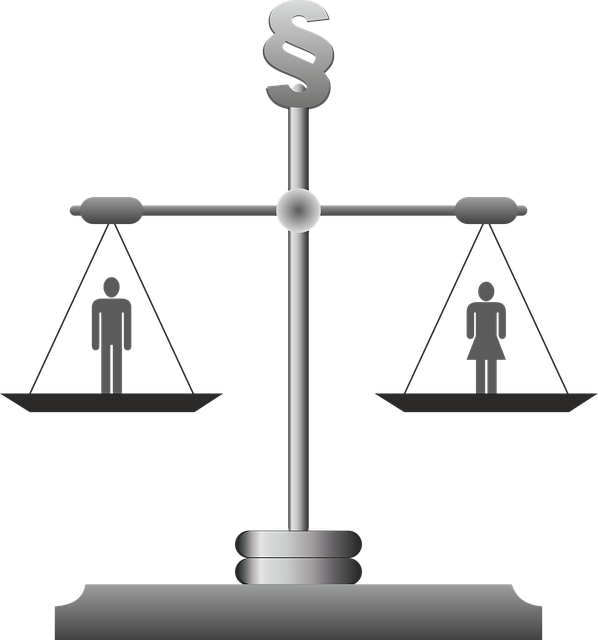Public corruption cases involve illicit activities by public officials with severe legal consequences. Effective defense requires understanding both criminal law and Constitutional protections, such as due process, presumption of innocence, and right to counsel. Defense attorneys navigate circumstantial evidence, challenge witness credibility, and construct reasonable doubt narratives. Strategic fact-finding, identifying legal loopholes, and questioning evidence are key to securing fair trials for individuals and corporations accused of white-collar crimes. Constitutional Protections in Criminal Defense ensure defendants receive fair treatment during sentencing through plea bargains, negotiations, and jury trials.
“Public corruption charges pose significant challenges, demanding a comprehensive understanding of legal nuances and constitutional protections. This article guides readers through the complex landscape of public corruption accusations from a legal perspective, focusing on key aspects such as constitutional rights, evidence handling, criminal defense strategies, and sentencing mitigation. By exploring these critical areas, individuals facing charges can navigate their legal battles effectively, utilizing constitutional protections in their criminal defense.”
- Understanding Public Corruption Charges: A Legal Perspective
- Constitutional Rights: Defending Against Accusations
- The Role of Evidence in Corruption Trials
- Strategies for Effective Criminal Defense
- Navigating Sentencing: Mitigating Consequences
Understanding Public Corruption Charges: A Legal Perspective

Understanding Public Corruption Charges: A Legal Perspective
Public corruption charges encompass a range of illicit activities involving public officials or government entities, such as bribery, embezzlement, and abuse of power. From a legal standpoint, these cases are complex and demand a deep understanding of both criminal law and constitutional protections in criminal defense. In the context of white-collar offenses, which include all stages of the investigative and enforcement process for financial crimes, the line between acceptable governance and criminal behavior can be narrow.
Defendants accused of public corruption must navigate legal strategies tailored to these unique circumstances. This includes safeguarding their Constitutional rights while presenting robust defenses against charges that could carry severe penalties. A skilled white-collar defense attorney plays a pivotal role in guiding clients through these intricate cases, ensuring they receive fair treatment throughout the process.
Constitutional Rights: Defending Against Accusations

When facing public corruption charges, understanding one’s Constitutional rights is paramount to mounting a robust defense. The U.S. Constitution guarantees fundamental protections for individuals accused of crimes, including the right to due process and the presumption of innocence. These provisions ensure that the burden of proof lies with the prosecution, who must present compelling evidence beyond a reasonable doubt. For his clients facing white-collar and economic crimes, this means a meticulous review of investigative tactics, admissibility of evidence, and potential entrapment issues.
The right to counsel is another crucial constitutional protection, enabling individuals to secure legal representation to defend against accusations. This defense strategy involves challenging the validity of evidence, examining procedural irregularities, and crafting compelling arguments that respect the respective business interests and rights of the accused while ensuring a fair trial. Effective counsel also safeguards against self-incrimination, as defendants have the right against compulsion of self-testimony, further fortifying their constitutional defenses.
The Role of Evidence in Corruption Trials

In public corruption trials, evidence plays a pivotal role in establishing guilt or innocence. Unlike many criminal cases, where physical evidence might be the primary focus, corruption charges often rely heavily on circumstantial and documentary proof. This includes financial records, emails, witness testimonies, and any other material that can demonstrate illicit transactions or unethical behavior. The challenge for defense attorneys is to navigate these complex legal landscapes, utilizing Constitutional Protections in Criminal Defense to ensure a fair trial for their clients. By employing strategies such as challenging the admissibility of evidence, questioning the credibility of witnesses, and highlighting procedural irregularities, white collar defense lawyers aim to build winning challenging defense verdicts.
The presentation and interpretation of evidence are crucial steps in corruption trials. Attorneys must carefully examine every piece of information to construct a compelling narrative for their clients. This meticulous approach ensures that the prosecution’s case is scrutinized, giving rise to reasonable doubts that can lead to acquittals or reduced charges. In navigating these cases, defense teams often uncover loopholes and inconsistencies, which can be instrumental in securing favorable outcomes, especially when coupled with effective cross-examination techniques and a deep understanding of respective business practices.
Strategies for Effective Criminal Defense
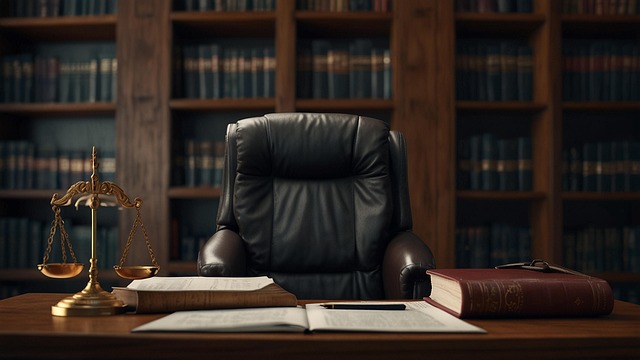
Facing public corruption charges can be a complex and intimidating experience, but a strong criminal defense strategy is key to navigating these challenging cases. One of the cornerstones of effective representation is understanding and leveraging constitutional protections in criminal defense. These safeguards, enshrined in our legal system, ensure that individuals accused of crimes are treated fairly and have certain rights secured. For both corporate and individual clients alike, knowing their entitlements under the constitution can significantly impact the outcome of their case.
When addressing white-collar and economic crimes, often committed within philanthropic and political communities, a well-prepared defense should include thorough fact-finding, identifying legal loopholes, and employing strategies that challenge the prosecution’s evidence. This may involve questioning the integrity of confidential informants, examining financial records for any procedural irregularities, or arguing against overly broad interpretations of relevant laws. By utilizing these tactics, lawyers can protect their clients’ interests and ensure a fair trial, ultimately aiming to clear them of unjust accusations.
Navigating Sentencing: Mitigating Consequences

Navigating sentencing is a critical phase in any criminal case, especially when dealing with public corruption charges. While the severity of the offense plays a significant role, defendants also benefit from certain Constitutional protections in criminal defense. These safeguards ensure that justice is served while mitigating potential consequences for both corporate and individual clients facing white-collar crimes.
Understanding one’s rights and exploring options like plea bargains or negotiating with prosecutors can help reduce sentencing. Jury trials offer another avenue for defense strategies, allowing lawyers to present evidence and arguments tailored to each case. Skilled attorneys specializing in white-collar defense can navigate these complexities, ensuring their clients receive fair treatment within the legal system.
Public corruption charges pose significant challenges, but understanding the legal framework and constitutional protections is key to mounting a robust defense. Throughout this article, we’ve explored various aspects from the legal perspective to strategies for effective criminal defense, emphasizing the importance of evidence and constitutional rights. Navigating sentencing involves mitigating consequences through legal avenues, ensuring fairness in the face of these accusations. By staying informed and leveraging available resources, individuals can better protect themselves against public corruption charges.
